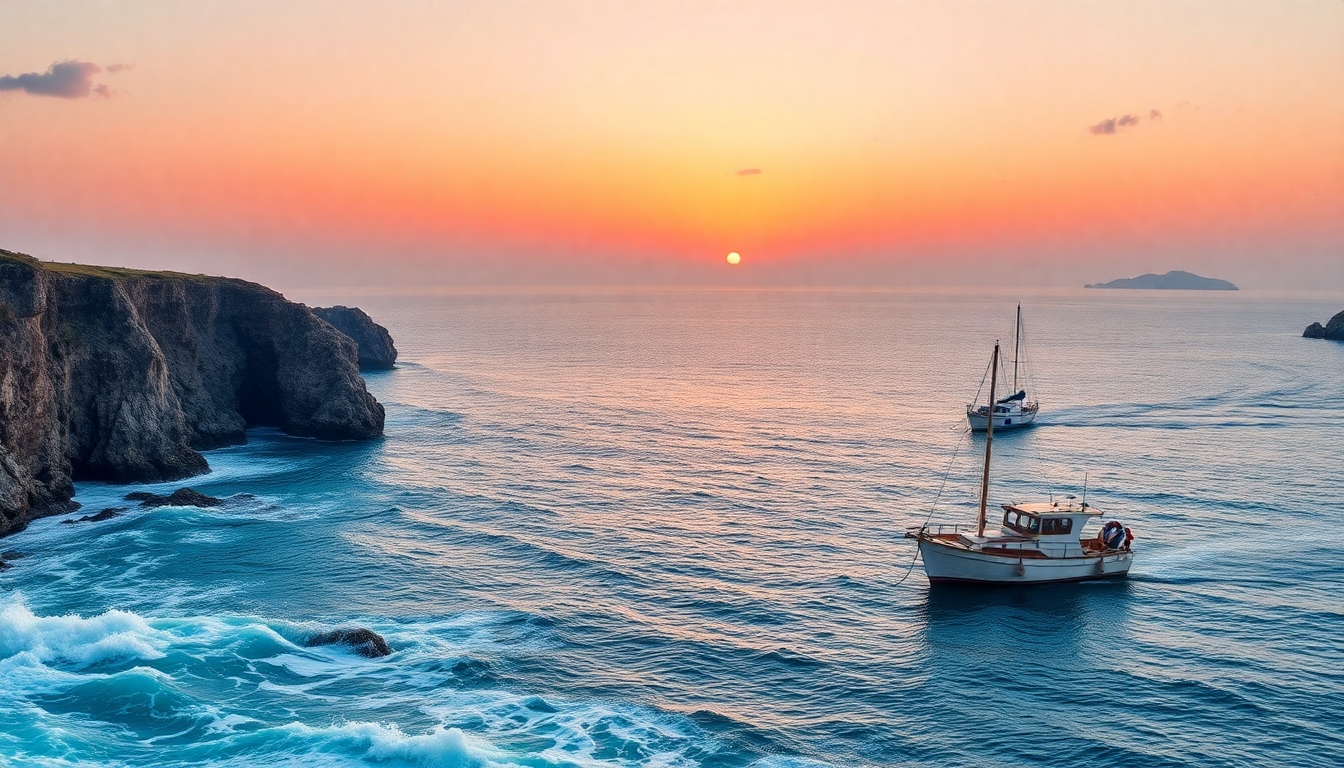Table of Contents
The territorial disputes between Greece and Turkey have taken an intriguing turn with Turkey’s recent submission of a maritime spatial plan to UNESCO. This plan claims a significant portion of the Aegean Sea falls under Turkey’s jurisdiction, a move that comes hot on the heels of Greece’s plans to create marine parks in waters Turkey asserts as its own. As both nations wrestle with their maritime boundaries, the implications for conservation efforts and regional stability are becoming increasingly complex. How will these developments impact the future of the Aegean Sea?
Turkey’s Maritime Spatial Plan: What Does It Mean?
Turkey’s maritime spatial plan, recently submitted to UNESCO, represents a notable escalation in the ongoing territorial disputes between Greece and Turkey. This document outlines marine areas designated for activities like fishing, tourism, and renewable energy projects, effectively establishing a framework for marine protection zones. Yet, the plan stops short of explicitly defining Turkey’s exclusive economic zone, raising questions about its legal standing under international law. Is this a strategic move or a legal misstep?
The accompanying map, drafted by Ankara University, showcases various long-standing territorial claims that clash with Greece’s positions. Greek officials have reacted strongly, arguing that the map effectively carves up the Aegean Sea and intrudes on the maritime zones of numerous Greek islands. One has to wonder: how will this disagreement shape future relations between these two nations?
Deputy Foreign Minister Tasos Chatzivasileiou has made it clear that Greece will not recognize the Turkish map, emphasizing that it lacks any legal foundation in international law. He reassured that Greece is ready to respond at all levels, underscoring its commitment to safeguarding its maritime rights. What could this mean for the region’s stability?
Greece’s Marine Parks: A Countermove?
In a parallel development, Greek Prime Minister Kyriakos Mitsotakis recently announced the start of legal procedures to establish Greece’s first two marine parks in the Ionian Sea and Southern Cyclades region. This announcement, made at the United Nations ocean summit in Nice, highlights Greece’s dedication to ecological sustainability and marine conservation. But will this move spark further tensions?
This initiative is likely to provoke a strong reaction from Turkey, which has historically contested Greece’s claims to sovereignty over these waters. The proposed marine parks are particularly contentious due to their proximity to areas Turkey disputes. How will these competing claims play out in the international arena?
While the specific boundaries of the proposed marine parks are still under wraps, Greek officials assure that they will steer clear of contested maritime territories. Nevertheless, Turkish concerns are expected to focus on the Dodecanese islands and nearby islets, which have not been included in Greece’s current planning. Is it possible for both nations to pursue their interests without escalating tensions?
Understanding the Legal Complexities
The legal complexities surrounding the Aegean Sea disputes are further complicated by differing interpretations of international maritime law. Turkey argues that Greek islands aren’t entitled to full maritime zones beyond 6 nautical miles, while Greece insists that such claims violate established international norms. Who’s right in this complicated legal battle?
This ongoing conflict is underscored by Turkey’s assertion of rights that align with a controversial maritime memorandum with Libya—an agreement Greece has rejected as illegal. Adding fuel to the fire, Turkey has licensed exploration activities in areas it claims, which only heightens the tensions. What’s the likely outcome if both nations continue on their current paths?
As both nations firmly stand their ground, finding a resolution seems increasingly challenging. Greece’s national Maritime Spatial Plan, which outlines its maritime zones, has drawn criticism from Turkey, which labels it a unilateral action infringing on its claimed jurisdiction. With all these dynamics at play, what does the future hold for the Aegean Sea?
The coming months will be crucial in shaping the trajectory of these maritime disputes. As both nations navigate the delicate balance between ecological initiatives and sovereignty claims in the Aegean Sea, one question looms large: can cooperation emerge from conflict?


